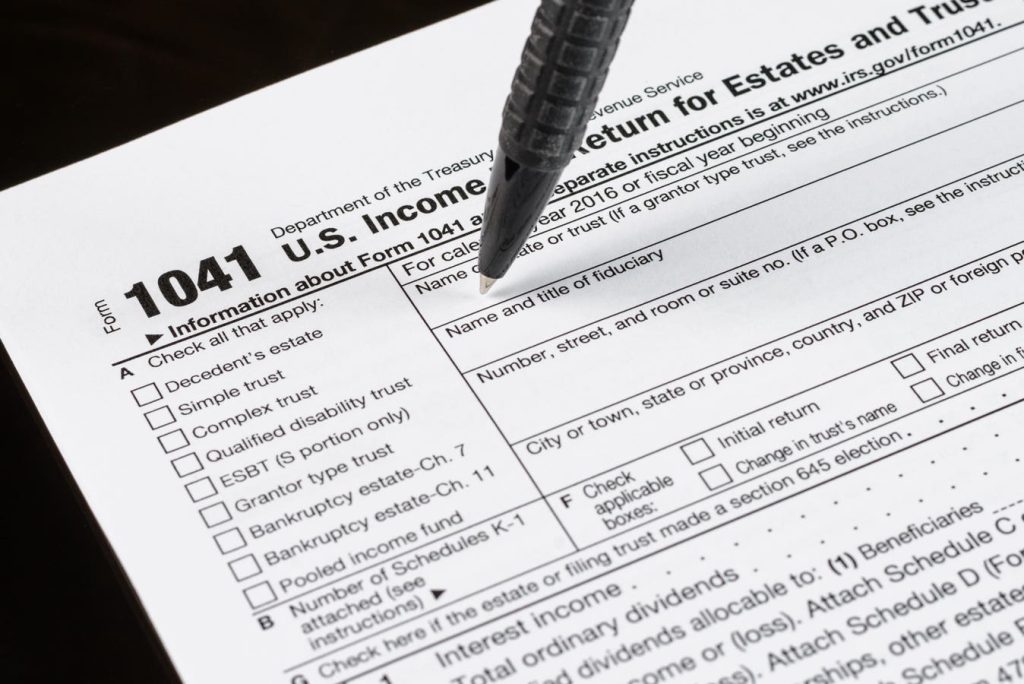Third-party promoters are marketing trust arrangements as a way for taxpayers to avoid or defer federal income taxes. However, the IRS has a designated webpage warning taxpayers of these abusive trust schemes. These schemes often involve promises that using a trust alone allows taxpayers to omit or defer income or claim deductions that they otherwise could not claim individually on their tax return.
The taxation of trusts is governed by Subchapter J of the Internal Revenue Code. If a trust is not a grantor trust, it must file an annual income tax return and pay tax on its “taxable income.” This taxable income is calculated similarly to that of an individual, with some exceptions. Trusts are permitted to claim deductions for trade or business expenses, rental activities, as well as other above-the-line deductions, but miscellaneous itemized deductions are not allowed for tax years 2018 through 2025.
Unique deductions for trusts include the ability to distribute income to beneficiaries, claim an income distribution deduction, and have more flexibility regarding charitable contribution deductions compared to individuals. Trusts can also claim above-the-line deductions for costs incurred in connection with trust administration, as long as those expenses are not commonly incurred by individuals holding the same property. Treasury regulations provide more details on deductible trust administration expenses, including examples of deductible and non-deductible expenses.
Personal expenses, living expenses, and family expenses cannot be claimed as deductions by trusts, similar to individuals. A case example illustrates this point, where a trust claimed deductions for property maintenance and purchases for a property that served as the surviving spouse’s personal residence. Despite the trustee’s legal obligation to pay and maintain the property, these expenses were not deductible as trust administration expenses due to their personal nature.
Overall, taxpayers should be cautious of claims that trust expenses are automatically deductible simply because they are paid by a trust. While trusts are subject to similar taxation rules as individuals, with some exceptions, taxpayers should ensure they can identify specific Code provisions before claiming a trust-related deduction. By understanding the rules and regulations surrounding trust taxation, taxpayers can avoid falling into abusive trust schemes and ensure compliance with federal tax laws.


